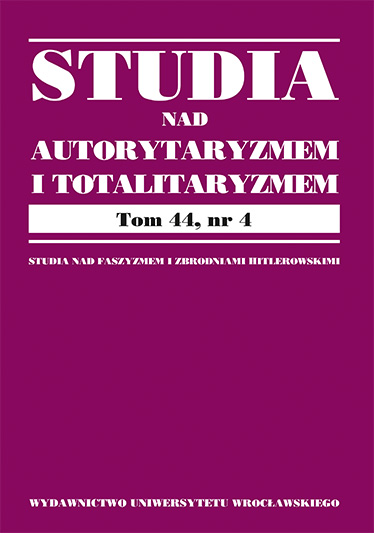

Artykuły

The German military past is a challenging research area, and one rife with significant problems stemming from social perceptions of this historically charged issue. Although full of notable commanders and brilliant victories, it is also burdened with the baggage of the Wehrmacht crimes, and since the unification also the ballast of the GDR army. This problem has been obvious since the establishment of the Bundeswehr in 1955 and found its outlet in the next so-called Traditionserlass. The main purpose of those documents, adopted in 1965, 1982 and 2018, was to cut off the Wehrmacht tradition. Under the first two regulations, this was only partially achieved, and the infiltration of the armed forces by officers with neo-Nazi views discovered in the barracks in Illkrich prompted Minister Ursula von der Leyen to take radical steps in 2017. In the course of the initiated procedure, compliance with the values of the modern democratic Bundeswehr, including preserving the traditions from the German military past (including the Prussian period), came under particular scrutiny. The course of the debate showed ambiguity in the perception of this tradition and problems with its potential use in the ranks of German armed forces. The purpose of the article is to present the role and importance of subsequent Traditionserlass and to discuss in detail the course of the debate on the relevance of the Prussian military tradition for the modern Bundeswehr. According to the author, the views presented by the participants of the debate are based on insuffi ciently detailed research on this sphere, which is still rooted in the findings from before the end of World War II. This may lead to erroneous conclusions, which most likely in a difficult to predict perspective may result in the need to adopt a new regulation in this matter. The debate held in Germany and the solutions implemented during its course may constitute an interesting clue for attempts to discuss the tradition of the Polish Army.